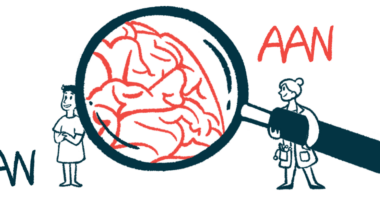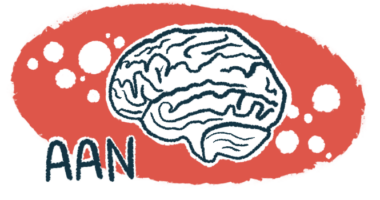American CryoStem’s Atcell Not Approved for ALS, Other Neurodegenerative Diseases, FDA Warns

The U.S. Food and Drug Administration (FDA) has issued a warning to the American CryoStem Corporation of Monmouth Junction, New Jersey, for marketing Atcell, the company’s adipose-derived stem cell product, without FDA approval.
In its warning letter, the FDA noted “significant deviations from current good manufacturing practice requirements, including some that raise potential significant safety concerns, putting patients at risk.”
Atcell is composed of mesenchymal stem cells extracted from a person’s adipose tissue for subsequent therapeutic use. Although the cells are isolated and used in the same person, the FDA warned that the process of isolating and manipulating stem cells is prone to contamination and could pose a risk to patients. Additionally, Atcell’s delivery of the cells into patients could pose a risk.
Due to these risks, the product and its processes require FDA revision and approval to ensure the therapy is safe and effective. However, unapproved Atcell has been distributed to physicians and used as therapy for neurodegenerative diseases including amyotrophic lateral sclerosis (ALS), as well as anoxic brain injury, Parkinson’s disease, multiple sclerosis (MS), and stroke, the FDA said.
“As part of our comprehensive policy framework for the efficient development and regulation of cell-based regenerative medicine, we’re going to be stepping up enforcement activities against those who manufacture and market products in ways that put patients at risk,” FDA Commissioner Scott Gottlieb, MD, said in a news release.
During an inspection of American CryoStem, the FDA identified several red flags in the manufacture of Atcell that could endanger patients, including the potential risk of contamination by microorganisms and defects in quality. Deviations from the FDA’s standard practices included “unvalidated processes, an inadequately controlled environment, lack of control of components used in production, and a lack of sufficient and validated product testing.”
“The use of Atcell raises potential significant safety concerns, due in part to the fact that there is little basis on which to predict how the product will perform in a patient,” said Peter Marks, MD, PhD, director of the FDA’s Center for Biologics Evaluation and Research. “In addition, this product may also cause harm to patients who may put their trust in an unproven therapy and make the decision to delay or discontinue medical treatments proven to be safe and effective.”
A list of the FDA’s observations during the inspection can be viewed here.
While American CryoStem has already responded to the FDA’s claims, the regulatory agency said the company failed to adequately address the inspection’s findings. The FDA also noted that distributing Atcell in clinics requires an investigational new drug application.
American CryoStem has 15 business days to respond and must address each of the FDA’s cited violations. If the company fails to act, it could face seizure, injunction, and prosecution.
“We see great promise from the field of cell based regenerative medicine, but there are also novel risks. Our goal is to implement our new policy framework in a way that helps this promising field advance, while making sure that we address issues that can put patients at risk,” Gottlieb said.
“It also means taking an efficient, risk-based approach to making sure that products undergoing more than minimal manipulation, which makes them subject to FDA’s review and approval, and particularly products intended to treat serious and/or life-threatening disease or conditions, must prove that they deliver the benefits they’re promising to patients,” he added.






